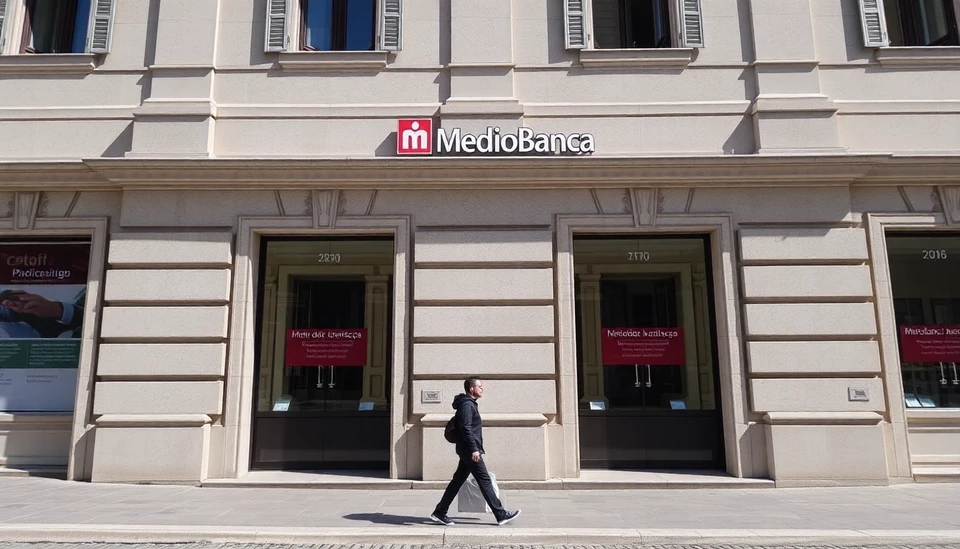
In a significant development within the Italian banking sector, Cassa Rurale di Sondrio, commonly known as Sondrio, has firmly turned down a takeover offer from rival bank BPER Banca. This decision underscores the ongoing consolidation efforts within Italy's banking industry, and it raises questions about the future strategies of both institutions.
BPER Banca, one of Italy's prominent banking groups, attempted to court Sondrio as part of its expansion strategy aimed at enhancing its market presence in the northern regions of Italy. The offer from BPER was viewed as a calculated move to capture the lucrative customer base that Sondrio has cultivated over the years in its area of operations.
However, Sondrio's management exhibited a strong sense of autonomy and confidence in its business model, rejecting the overtures from BPER and asserting that their current strategies align better with their long-term objectives. This rejection highlights a growing trend among smaller, regional banks that seek to maintain independence amidst increasing pressure from larger banking entities to merge and consolidate.
The statement released by Sondrio emphasized that the bank is focused on organic growth and strengthening its existing operations rather than succumbing to pressures of consolidation. By sticking to its principles, Sondrio aims to continue serving its community and loyal clientele without the influence of a larger parent company.
BPER, on the other hand, may need to reassess its acquisition strategy following this setback. The bank had been eyeing Sondrio not just for its customer base but also for technological advancements and resources that it could add to its own portfolio. With the rejection, BPER's future expansion plans may now be at a crossroads, prompting analysts to speculate on alternative targets that could bolster its market share.
The landscape of Italian banking has seen various mergers and acquisitions recently as financial institutions seek to adapt to a rapidly changing economy marked by digital transformation and regulatory challenges. Sondrio's decision to remain independent is a bold declaration that echoes through the banking community, suggesting that not all banks are willing to follow the consolidation trend.
Both Sondrio and BPER are now poised for interesting trajectories ahead. As Sondrio continues to double down on its strategy of localized banking and community engagement, BPER must strategize effectively to find new avenues for growth that do not compromise its vision.
This latest development not only impacts Sondrio and BPER but is also a reflection of the broader dynamics already in play within the European banking sector. With ongoing shifts towards digital banking and changing consumer preferences, banks will have to navigate a complex terrain to thrive in the coming years.
The implications of this rejection could lead to deeper strategies and innovations within Sondrio as it aims to demonstrate that an independent banking model can indeed compete effectively against larger financial institutions. As the situation unfolds, market observers will closely monitor any further moves by BPER and its search for new partners or acquisition targets that could better align with its goals.
In a world where many banks are racing towards consolidation, Sondrio’s decision serves as a reminder that local banks can still play a vital role in fostering community ties while maintaining their unique operational identity.
As we look to the future, it remains essential to analyze how this decision will affect both banks, their clients, and the broader financial landscape in Italy and beyond.
#ItalianBanking #Sondrio #BPER #BankMerger #FinancialNews #EuropeanBanking
Author: Samuel Brooks




